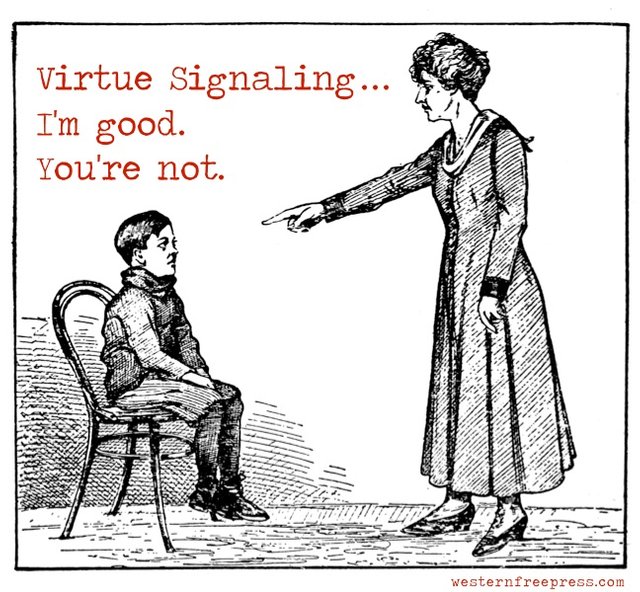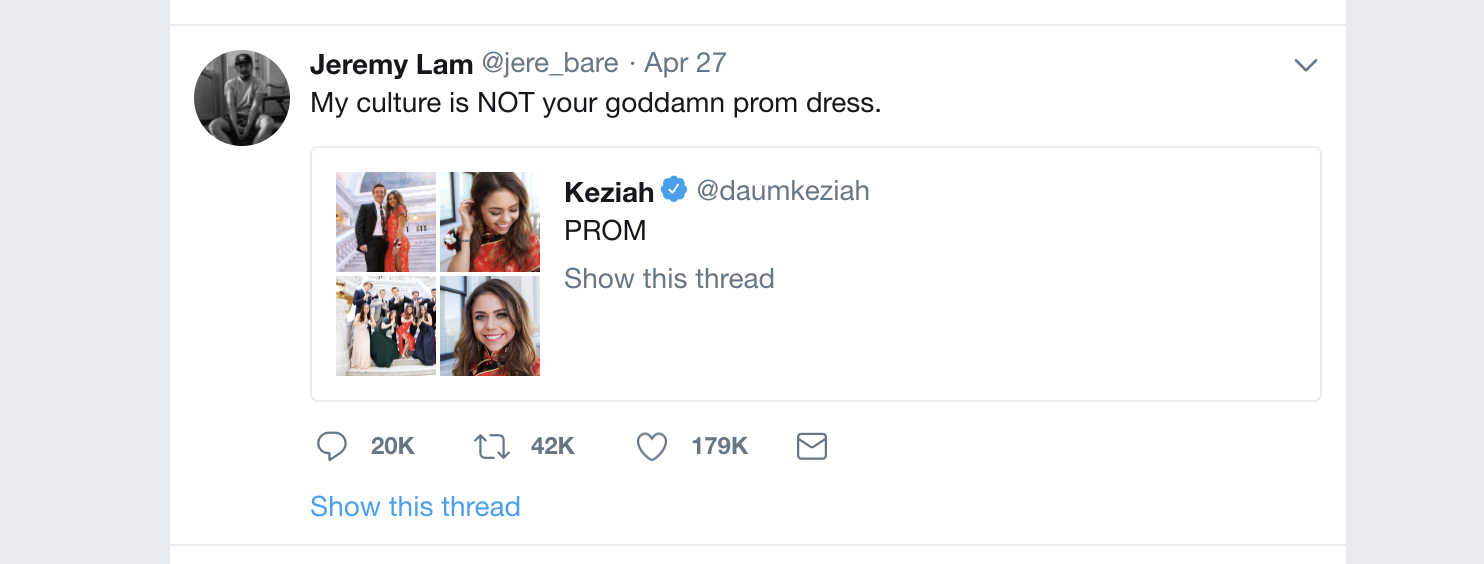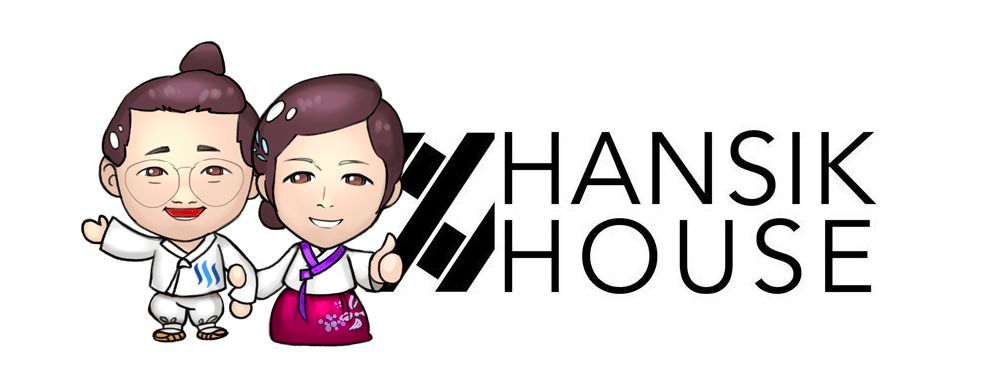How Social Justice Eats Itself // Why Virtue Signaling Doesn’t Work // Why Jeremy Lam is a Terrible Person

Pay Attention to My Outrage
The current climate of “Social Justice” - the ousting of misogynist bosses, the demonizing of bigotry and racism, the censoring of purveyors of ‘hate speech’, the physical harm towards “nazis” - relies almost exclusively on one tactic: virtue signaling. This is defined as follows…

We’ve seen a great deal of this in recent years, coupled with public rallies and big speeches that call for a certain type of behavior and condemn another. If you’re having a hard time identifying what exactly constitutes virtue signaling, keep an ear out for phrases like “It’s 2018!” or “denying my humanity” or any sentence that contains the phrase “people of color,” “marginalized groups,” “underrepresentation,” or “patriarchy” to name a few. This type of rhetoric is used to nondescriptly stir you and attack a common enemy. It is a signal from one actor of social justice to a mob of agents to act based on a emotional response rather than solid rationale.
Virtue signaling is often confused or mixed improperly with real civic action and progressive moves.

The achilles heel to this type of mobilization is that presumes moral superiority, as if one way of thought is objectively better than another just because it is tied to an emotional impulse. The problem with this (and what happens in all vases of virtue signaling), is that a moral stance is quickly undermined by imperfection or a blemished past, causing mobs to ultimately cannibalize signalers in the first place.
To clearly outline what happens inevitably to virtue signalers, I’ll go over the recent story of Jeremy Lam, a young virtue signaler that was eaten alive.
“Don’t wear my culture!”
To talk about Jeremy Lam, we have to talk about Keziah Daum. Keziah recently attended her senior prom wearing an identifiable red Chinese dress because she’s racist and holds a personal mission of appropriating minority cultures.

Oh sorry, I was reading too many of Lam’s tweets. What I meant to say is she wore the dress because she thought it was pretty. Full stop.
I kind of ruined the story but as you can probably expect from the title of this post, Jeremy Lam stirred up a shitstorm about “appropriation” and “racism” and “cultural identity.” His multi-tweet tirade garnered hundreds of thousands of likes and retweets. He built a little lighthouse’s worth of signaling and incessantly accused this young lady of bigotry. And for a few gloriously virtuous moments, he was celebrated as a champion of the marginalized.


Then it all came crashing down.
Not only the typical and more rational backlash occur (as it always does with emotionally fueled mobbing) but many also did some simple digging and found that (gasp) Jeremy was also guilty of racialized thought!


Because no one is perfect and just because you attack some defenseless teenager over your petty fashion sense, doesn’t put you on the same high ground as Gandhi.
I’ll repeat this again and again until I die if I need to. Culture is for everyone to interpret and share. There is no such thing as cultural appropriation and no one can claim ownership over any culture. To all the young girls wanting to add some flair to their last high school event, wear that Hanbok if you want to. Or that Ao Dai. Or that Shawl. Frankly, it would make these school activities a lot more interesting than the typical prom drab.
BTW Jeremy, if you ever stumble across this post for whatever unlikely reason, take your head out of your ass. You don’t own any culture. You have no claim to anything.
For the rest of you reading this, let me know your thoughts below!

The US society appears to have entered a centrifuge. A giant invisible movement that gathers momentum as it spins even faster separating the "ones" from the "others".
The fast spinning movement seems to somehow feed on itself (unlike a real centrifuge) - the more one distances oneself from "the bad guys" (the "others"), the more energy he gets from "his guys" to push further and further away.
I wonder what will be the outcome ...
nice post
대단합니다. 문화에 대한 평가는 절대 없어야겠죠. 모두가 소통하고 나눠야할 뿐!
Hypocrisy at its best. There is no 'your culture' and 'my culture'. You are just a contributor to cultural evolution.
I always find it amusing when foreigners visit me and express curiosity in wearing the sari. And it's always fun to dress them up in it! The sari does not belong to me and heck, I almost never wear it because it's too difficult. So if someone else wants to dip their feet into this fabric of culture, I'm more than happy to help.
I apologise for deviating from the subject but for me the most interesting part of your article was this sentence ...'doesn’t put you on the same high ground as Gandhi.' I feel like everyone puts Gandhi on a pedestal when in fact a lot of his ways, views and actions were not very applaudable. There's no denying his efforts in the Freedom Movement but he was, for lack of a better term, no Gandhi himself. I highly recommend reading Dalit criticism of Gandhi and why Ambedkar and Gandhi had opposing views for Indian society to really take a stance on if Gandhi should be on that high ground or not.
So sorry for making this about something entirely different!
Haha it's alright @manouche! It's also funny how the persona of Gandhi has been appropriated as a cliche'. This brings up a great point about difficulty as well. Almost no Korean in Korea wears a traditional Hanbok unless for verrrrry rare occasions. It's burdensome, expensive, and undoubtedly and perpetually "out of fashion." So when Hugh Jackman brings his kids to Korea and dresses them up, it's cause for celebration.
Ah, don't get me started on Gandhi.
But what was Korea's response to Hugh Jackman dressing in kids up in the Hanbok? Justin Trudeau's recent trip to India had all kinds of people screaming in outrage because his family and him dressed up in traditional Indian attire. All this on their clothes instead of focussing on what he was in India for - discussing the India-Canada bilateral.
On another note on the Hanbok - I recently went to the Gyeongbokgung palace and was SO surprised to see the incredible number of tourists who donned the attire to visit all the palaces and walk a little bit around town. At first I thought it was amusing and a bit strange. But with time, I started feeling out of place NOT wearing the Hanbok. Apparently, certain cafes and palaces are free for those wearing the Hanbok? Seems like an incredible marketing strategy that also livens up historical places to kind of resemble what life would have been like in their day.
But... that kid is literally Hitler.
Joking aside, this is interesting.
I mean, no, it's not just pretty. While I agree with you that this is not cultural appropriation, it's woefully incomplete to say it's just pretty in an analysis. Of course she can just think it's pretty, but there's a reason why it's pretty. No object, and especially no especially beautiful object, exists as purely aesthetic. For example when you wear that you are invoking the culture that goes with it as far as the people who see you understand it.
I agree. This week in the news there was a strange piece, the admission of Swedish government for some reason that Swedish Meatballs are actually Turkish Kofte.
Of course, they are different. If you've had both (I have, both nice, Turkish probably nicer) they've changed over the years in the historically largely separate cultures. No one can own a recipe for meatballs really, so what's the problem with exporting a nice recipe?
Well, there is none. To my mind this highlights two things: the "end of history", and intellectual property, patents and such. A lot of these kinds of proclamations assume something strange: that we have reached the end of history and all the "culture" of the past has staked it's claims of ownership and all the clothes, recipes, speech, dance, etc. etc. so stay in your lane! But it's not hard to see why this is happening. It seems to be it's a mixture of the corporatization of nations (selling your country internationally for tourism and cultural exports) and the very normal tension of multi-culturalism, where people exaggerate cultural differences to feel at home in the "global village".
The other, intellectual property. Owning ideas, methods, even software code, writing, etc. is a very difficult thing to practically do. When you can't actually stop people from using the aforementioned stuff, you have to resort to social means. This kind of shaming is a part of that. The funny thing is that because really no one (as in no person) can own this stuff, you get all these secondary claims in defense of some other group. I guess that's kind of like the "white knight" accusation. Though I think that defending other people has a place and is not always selfcentred, I can't think of who could possibly benefit from curtailing this young woman's freedom to wear highly culturally significant clothes, no one except the defender who as you correctly point out, get's virtue signalling points.
I love the comparisons to recipes and open-source information @personz. With both of them, it may be even easier to point to a person or place of origin. And yet both exist and are able to exist because they understand the core principle that they emerge from precedents and will be themselves precedents for future development. Some can call it "appropriation" while many, including myself, would like to believe that this is all shareable human progress.